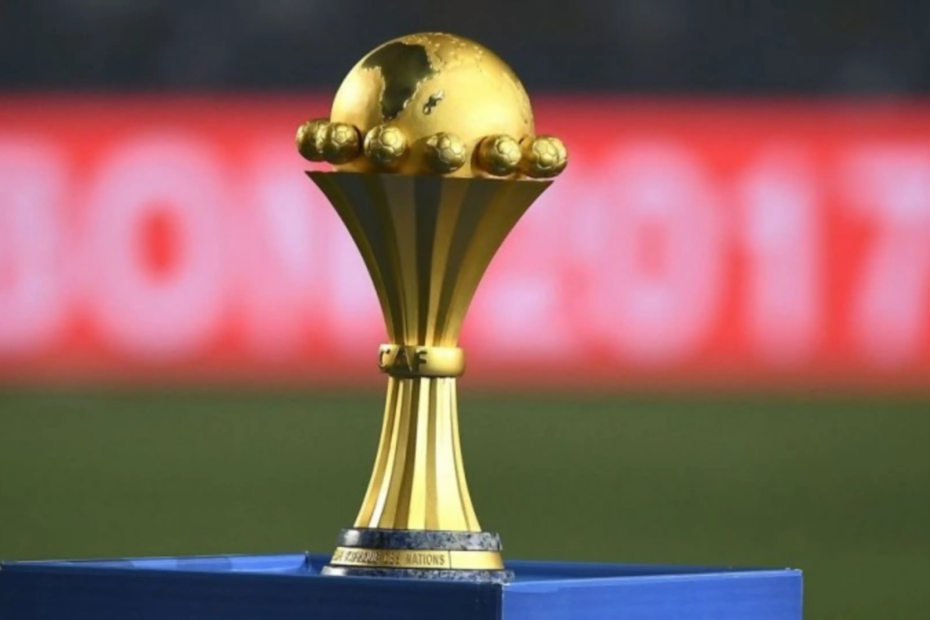The Africa Cup of Nations, widely known as AFCON, is not only a football (soccer) tournament but also a biennial celebration that encapsulates the beating heart of a diverse continent through the universal language of sport. From jaw-dropping goals to unity-forging matches, AFCON paints a vivid picture of African pride and potential. Whether you’re a serial footie fan or new to the magic of these matches, the stories that surround AFCON are as gripping as the games themselves. So, let’s take a journey through 30 fascinating facts about this illustrious tournament.

Quick Facts about the Africa Cup of Nation
Inception and Format Changes
- The Africa Cup of Nations (AFCON) is the oldest continental football tournament in Africa, originating in 1957.
- Only three teams—Egypt, Sudan, and Ethiopia—played in the first tournament.
- The current format of AFCON was introduced in 1992, expanded to 16 teams in 1998, and featured a group stage followed by knockout rounds.
- The upcoming AFCON tournament in Cote d’Ivoire will be a unique edition, as it marks the absence of debutant teams. Instead, it will feature familiar teams competing on the grand stage.
Team Achievements and Records
- Egypt has won the most AFCON titles, securing seven victories.
- Tunisia holds the record for qualifying in 16 successive AFCON tournaments.
- Egypt played the most games in AFCON history, participating in 107 matches and winning the most matches(60).
- The record for the most goals in a single AFCON match is five, scored by Laurent Pokou for Ivory Coast in a 6-1 victory against Ethiopia in 1970.
- Egypt holds the record for the longest unbeaten run in AFCON history, stretching 21 matches between 2008 and 2010.
- Zambia is the only team to have won the tournament after not qualifying for the previous edition in 2012.
Historical Events and Anecdotes
- The 1984 edition comprised of 8 teams, lasting 15 days, is the shortest AFCON tournament in history.
- The 1962 edition, won by Ethiopia, was the first to be televised live.
- The 2019 tournament featured 24 teams, a first in its history.
Host Countries and Notable Performances
- Host countries have won the AFCON title nine times, with Egypt being the most successful host nation with two wins.
- South Africa was banned but reinstated in 1992, winning the tournament in their debut appearance.
- Egypt (1957), Ghana (1963), and South Africa (1996) are the sole teams to have clinched victory in the tournament during their debut.
- The opening game of the AFCON has only ended in a goalless draw once, and that was in 2013 when South Africa played against Cape Verde, resulting in a 0-0 scoreline.
Individual Achievements
- Hassan Shehata is the most successful coach in AFCON history, winning three consecutive titles from 2006 to 2010.
- Samuel Eto’o is AFCON’s most prolific goal-scorer, with 18 goals in six editions.
- Congo’s (Zaire) Ndaye Mulamba holds the record for most goals in a single AFCON tournament, scoring nine in 1974.
- Emmanuel Amuneke is the only player to have scored in and won both AFCON and Olympic finals.
- Kennedy Mweene holds the distinction of being the first and only goalkeeper to score a goal in AFCON. This remarkable feat took place in 2013 when he netted the ball for Zambia against Nigeria.
- Raafat Attia made history on 10 February 1957 by scoring the very first goal of the Africa Cup of Nations. In the inaugural tournament’s opening match, he found the back of the net for Egypt in a 2-1 victory against the host nation, Sudan.
- Shiva N’zigou, from Gabon, holds the distinction of being the youngest player ever to participate and score in the tournament. At the tender age of 16 years and 93 days, he graced the AFCON stage in 2000, showcasing his talent amidst a 1-3 defeat against South Africa.
Controversies and Innovations
- The 2019 edition introduced a Video Assistant Referee (VAR) system for the first time in the quarter-finals, leading to controversial decisions and debates.
- The 1996 edition was the first AFCON to feature a third-place play-off match between losing semi-finalists.
Trophies and Symbols
- Throughout the history of the tournament, three trophies have been awarded. Ghana and Cameroon won the first two versions, each securing the trophy three times. As a result, they were allowed to keep the trophies.
- The first official anthem of AFCON was in 2013, “Sela Sela (Dance Together)” by Wes and Zahra Universe.
- The first AFCON trophy was officially called the “Abdelaziz Abdallah Salem Trophy” and was named after the first CAF president, Egyptian Abdelaziz Abdallah Salem.
Cultural Recognition and Pan-African Significance
- The African Union (AU) designated AFCON as a Pan-African Cultural Event in 2015, recognizing its significance as a unifying event for the continent.
Final Thoughts
What began over six decades ago has blossomed into a tournament that gleams with prestige, passion, and pride. Although gold medals and champions emerge, it’s the spirit of AFCON—its power to tell the story of Africa through a cascade of goals and the chants of united fans—that truly captivates the heart. As the rhythms of African drums resound in the stands and cleats dance on the field, AFCON, indeed, is the indelible beat of an entire continent.


